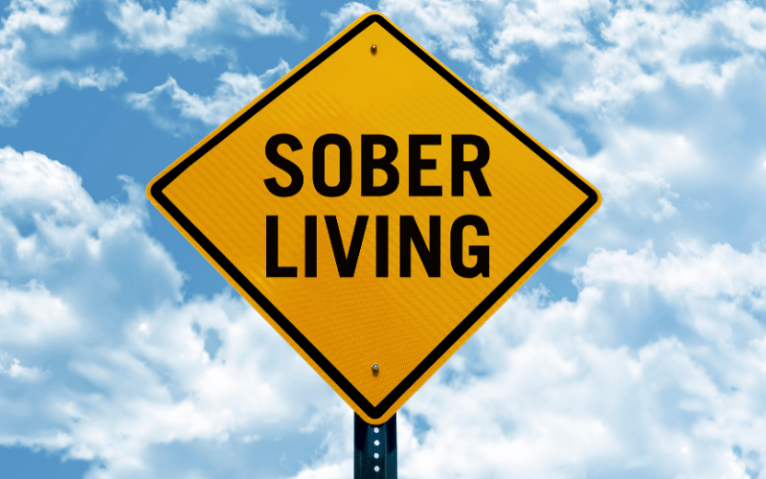The idea of a sober life makes people react in different ways. To some, it may seem like a reprieve, finally, from a drug and alcohol-infused lifestyle that brings fear, guilt, and shame. To others, it can seem like an oppressive jail sentence. So what does living a sober life mean?
Defining Sobriety
Sobriety can have different meanings to different people. In essence, it’s the condition of not having any measurable levels or effects from alcohol or drugs. Some fellowships like Alcoholics Anonymous (AA) define sobriety as achieving a good level of mental health. To many, this seems like a more realistic approach to sobriety, rather than avoiding drinking or using drugs.
Key Elements of Life in Recovery
To go from an addict’s life to a sober life requires professional treatment and support by friends and family and an individual commitment. As many say, it won’t be easy, but it will be worth it. Many people attempt to sober up on their own and find themselves failing over and over, so it is advised that treatment is sought to give you a better chance at achieving sobriety.
The idea of rehab might seem intimidating to lots of people. Still, the truth is that there are different levels of treatment to accommodate any need, and it is much better to take a hiatus from your day-to-day life to get yourself on the right track than to keep struggling with your addiction alone.
According to the Substance Abuse and Mental Health Services Administration (SAMHSA), the critical elements of life in recovery are:
- Continuous growth
- Abstinence from drugs and alcohol
- Improved health
- Continued improved wellness and mental health
- Improved quality of life
Coming to Terms with What a Sober Life Entails
Living sober means abstaining from all mind-altering substances, including alcohol, prescription drugs, and street drugs. It is a day-by-day process that requires you to focus on the present rather than getting overwhelmed by the long-term.
A sober life is always better than one spent fighting with addiction. You’ll have more clarity, focus, drive – and you’ll slowly start to build your relationships back up to go on living as a productive member of society.
At first, it might be challenging to see the real value of a sober life. Many recovering addicts will glorify the old substance abuse days, often claiming their life was more fun. However, sober living can be fulfilling. Here are just some of the benefits of a sober life:
- Better sleep
- Diet improves
- Weight stabilizes
- More free time
- More money and savings
- Stronger relationships
- Better memory
- More energy
- More fun
- Productivity increases
Maintaining Sobriety in Recovery
The first step is to seek treatment, and once that part is done, make your recovery and sobriety your number one priority, focus on each day as it comes your way, and enjoy your new, sober life to the fullest.
There are several things you can do to help you stay sober in recovery. Here are a few tips to guide you:
- Go to AA or NA meetings
- Find sober friends
- Live at a halfway house if you need the extra accountability
- Take each day as it comes
- Learn to recognize a relapse
Another tool that’s available for recovering addicts is aftercare programs. At Lighthouse Recovery Institute, we believe in integrating aftercare recovery programs to assist in long-term sobriety beyond our comprehensive treatment plans. Through these programs, we include life skills classes, relapse prevention techniques, and other treatments to help those in sobriety find joy and purpose in life.
If you or someone you know is a recovering addict struggling to cope with sober living, give us a call today. Our therapists can help them analyze what’s holding them back from recovery and teach them coping mechanisms to help them find joy in sober living.





